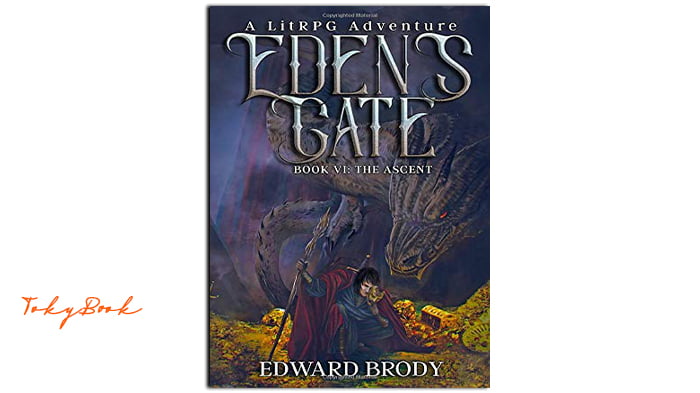Andrea Wulf’s biographical work on Alexander von Humboldt represents a masterful synthesis of historical research, scientific exposition, and biographical narrative. The book’s significance lies not only in its resurrection of a forgotten scientific pioneer but in its timely reminder of the interconnected vision of nature that Humboldt championed.
Structural Analysis: The narrative architecture of the work operates on multiple levels:
- Chronological biography
- Scientific development and discoveries
- Intellectual influence and legacy
- Environmental philosophy evolution
Key Thematic Elements:
- Scientific Innovation
- Humboldt’s revolutionary conceptualization of nature as an interconnected web
- Development of comparative climate studies
- Early recognition of human-induced environmental change
- Integration of scientific observation with poetic sensibility
- Intellectual Legacy
- Direct influence on figures like Darwin, Thoreau, and Muir
- Contribution to environmental consciousness
- Impact on literary romanticism
- Shaping of modern ecological thought
- Historical Context
- European Enlightenment scientific tradition
- Colonial exploration and scientific discovery
- Political upheavals of the era
- Evolution of natural philosophy
Critical Analysis: Wulf’s work excels in several dimensions:
First, the biographical narrative maintains scholarly rigor while achieving remarkable accessibility. She skillfully weaves personal anecdotes with scientific developments, creating a compelling portrait of both the man and his ideas.
Second, the book’s examination of intellectual influence networks proves particularly valuable. By tracing Humboldt’s impact through multiple disciplines – science, literature, politics – Wulf demonstrates how single individuals can shape entire fields of thought.
Third, the work’s handling of complex scientific concepts deserves special mention. Wulf explains Humboldt’s revolutionary ideas about nature’s interconnectedness without oversimplification, making them accessible to modern readers while maintaining their intellectual sophistication.
The book’s most significant achievement lies in its demonstration of how Humboldt’s holistic vision of nature anticipated modern environmental concerns. His understanding of global climate patterns and human impact on the environment seems remarkably prescient in our era of climate change awareness.
Scholarly Merit: The work’s contributions to multiple fields are noteworthy:
- Environmental History: Traces origins of ecological thinking
- History of Science: Documents crucial transitional period
- Biographical Studies: Revives significant historical figure
- Intellectual History: Maps influence networks across disciplines
However, some aspects warrant critical consideration:
- The balance between Humboldt’s scientific work and personal life sometimes tilts heavily toward the former
- Some intellectual connections drawn might benefit from stronger documentary support
- The work’s emphasis on Humboldt’s modernity occasionally risks presentism
Comparative Context: Within the genre of scientific biography, Wulf’s work stands out for its successful integration of multiple narratives – personal, scientific, and intellectual. It shares qualities with works like Dava Sobel’s “Galileo’s Daughter” in its ability to contextualize scientific achievement within broader historical frameworks.
Conclusion: “The Invention of Nature” represents a significant contribution to both historical biography and environmental thought. Its success lies not merely in rehabilitating Humboldt’s reputation but in demonstrating the continued relevance of his holistic vision of nature. At a time when environmental concerns dominate global discourse, Wulf’s work provides valuable historical perspective on our current ecological challenges while illuminating the intellectual roots of modern environmentalism.
The book’s achievement extends beyond simple biography to become a meditation on how ideas develop and influence subsequent generations. It stands as both a historical reconstruction and a timely reminder of the importance of viewing nature as an interconnected whole – a perspective increasingly crucial in our era of environmental crisis.
 Skip to content
Skip to content








